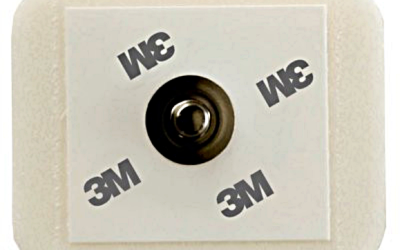Individualization of therapy
Most of rehab centers have a curriculum where they have multiple group sessions involving varying numbers of participants. Generally, most of the time is spent in group discussions and interactive sessions. It also may involve calling upon affected individuals to speak up and share their problems and experiences with the rest of the group and sometimes with people and journalists visiting such institutions. Many of the patients may not be entirely comfortable with this set-up and feel insecure and sometimes humiliated thus undermining the entire therapy routine.
The therapists and counselors should delineate such candidates and offer them specially formulated individualized therapy sessions. It has been seen in many studies that those suffering from alcohol dependence disorders are especially benefitted from one on one counseling sessions.
Audio Visual Aids
Audio visual aids are an essential part of a rehabilitation program and should be used as and when required. Having said that it has been seen that many of the individuals towards whom the presentations are directed do not have adequate attention spans and tend to become uninterested in what is being described. Thus, these tools should be used in a more sensible way making sure that only pertinent topics are covered in as short time as possible with an emphasis on interactivity.
Training of counselors
In the United States of America, the counselors usually employed in the rehabilitation centers are not in possession of a valid degree or diploma to handle this sensitive issue. Most of these people have learned by word of mouth or by participating in a distance education program. It is of utmost importance that the people who meet the individuals needing aid are properly trained in the theory and hands-on practical aspects of rehabilitation. Certified courses are offered in Australia, but in the USA, there is a dire need of structured programs in various institutions of status so that able individuals are trained.
Maintenance treatment
Another aspect of rehab, which is usually overlooked, is carrying out a logical and monitored maintenance therapy. It has been seen that not having a monitored maintenance therapy post rehab takes the relapse cases to as close as 90%. It is imperative that at the time of discharge from a rehabilitation center the individual and his or her loved ones are adequately briefed about the necessity of adhering strictly to the maintenance therapy that has been instituted.
Education of Medical fraternity
With about 22 million Americans having a substance use disorder, the burden lies on the entire medical fraternity to view the phenomenon and tackle it before it starts acquiring epidemic proportions. It is of utmost importance that training and education capsule be instituted in the Medical curriculum to impress upon the budding doctors to recognize the disorders and accordingly institute management and prevention protocols at grassroots levels.
Transition
The most important time for a person who is undergoing rehabilitation is the transitory phase when he moves out of the rehab center and returns back to his normal day-to-day routine. It is very important for the family and friends of the individual to be aware of the situation and be extremely helpful and supportive of the individual. It has been seen that a majority of relapses occur when the person is unable to adjust to the free environment outside the precincts of a rehab center and if not handled properly easily falls prey to substance abuse again. This transition needs to be as smooth as possible and without active participation of the environment is usually problematic for the individual.
Relapse
Everyone involved with the rehabilitation program including the patient and his or her attendants’ needs to be sensitized about the chances of relapse, which may occur in 80% of the cases. To completely rehabilitate, an individual may have multiple relapses, which need to be followed up and treated at an institution. Therefore, it must be understood that relapses too are a part of the therapy and should be taken just as a disease process and not as a failure of the treatment.








